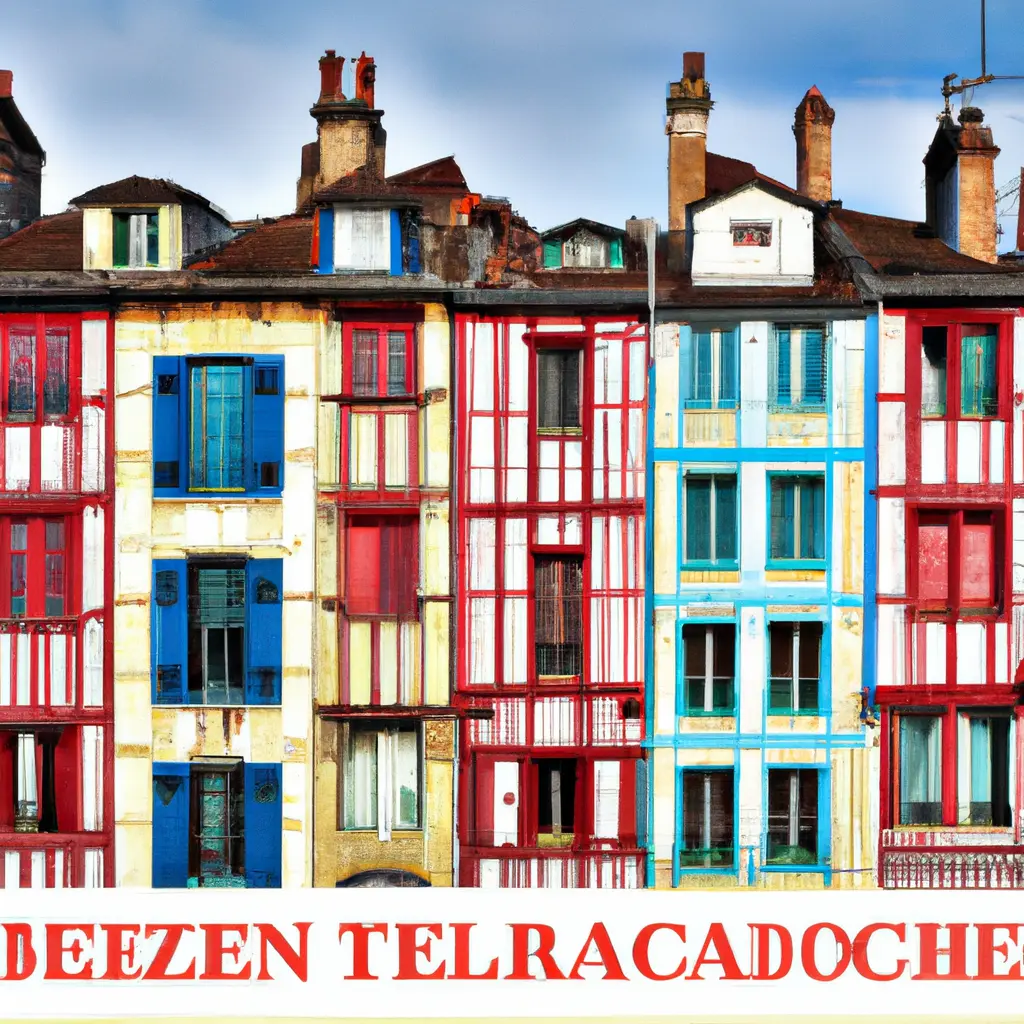How to build a rental housing empire in France

Forget the UK and create your empire in France. If you are ready and willing to cope with the rules of renting in France, you can still make high returns. Imagine buying an investment property well below the average UK house price and paying an interest rate of 3-4% on your mortgage, rather than the 6% or so that UK banks charge. Imagine yourself as a landlord in a system that promotes long-term stability in a market where property prices are rising. This is not a fictional world - this is the reality of being a landlord in France. While rising interest rates and increased regulation are stifling the British model of renting property, in France it's all very' 'differently. Landlords can still earn a reasonable annual income from their properties, capital appreciation is possible, and - by UK standards - regulation is pretty light. Telegraph Money talks to investors who have left the UK to create a rental property empire in France - and how you can do it too.
"You need to do your job".
The Vendée region of western France can offer British investors a higher rental income. Moving to France was a long-term dream for Barbara and Peter Calder, and as their two children grew up, they decided to make it happen. In 2019, Barbara, a retired former teacher for children with special needs, and Peter, who worked in chain logistics' 'supplies, left their life in the village of High Hurstwood in East Sussex and moved to L'\'Ermenault, a village in the Vendée in western France. They decided to keep their home in the UK and rent it out. Once they had settled in France, they decided to add French rental properties to their portfolio, enlisting the help of Léger Real Estate Agency. Aware that there would not be much demand for rental housing in their small village, Barbara and Peter decided to buy in the neighboring town of La Châtienere. Their strategy was to minimize entry costs. They chose a three-story, two-bedroom townhouse that had been on the market for three years and cost €80,000. The owners, a divorced British couple, agreed to accept an offer of €25,500. The couple then' 'spent 18 months renovating it for €36,000 to bring their total investment in the property to €61,500. 'I had it valued before I rented it out and the estate agent said it was worth €100,000,' Peter said. In January 2022, Peter, 66, and Barbara, 72, managed to find a tenant - a single mother with two children - who pays them €500 a month. After accounting for the estate agent's commission (€500 a year), property taxes (approximately €300 a year) and maintenance costs, the couple are left with a steady annual return of 8%. "You need to get the job done," Peter said.
14 May 2025
13 May 2025
13 May 2025
14 May 2025
14 May 2025




Navigate to' 'French rent rules.
The rental rules in France were unfamiliar to Barbara and Peter. For example, rental agreements differ depending on whether the property is rented furnished or unfurnished. Typically, furnished houses are rented for one year and unfurnished houses are rented for an automatic three-year term. Landlords cannot terminate leases early and must give six months' notice if they want to sell the property, but tenants can leave on one month's notice. If a tenant fails to pay rent, there are legal mechanisms that allow landlords to evict them, but the process can be slowed by weather conditions. 'In the French system, you can't evict someone in the winter,' '- said Peter.
Like their British counterparts, French landlords also face some bureaucracy. The property must be inspected before it can be rented out. Its gas and electrical systems will be checked and an expert will also look for the presence of hazards such as asbestos, termites and lead. Peter and Barbara also recently had to get a home energy efficiency assessment. The newly renovated home met the required standard. But, as Peter said, some landlords were not so lucky and started selling off older properties - a situation familiar to many British landlords who fear that their homes will not meet the stringent energy efficiency requirements that the government' 'UK plans to introduce from 2025.
Recommended properties and locations for the best returns.
For Rolt, the big difference between rental properties in France and the UK is that entry prices are much lower on the other side of La Mancha. He recommends that potential "propriete" buyers follow Calder's lead and look for two or three-bedroom homes with open space in city centers. "The French, unlike the British, are not usually prepared to commute to work in the same way as the British," said Rolt. "The best rental properties are near infrastructure. I would avoid the big cities because entry prices are much higher there, and look to smaller market towns where you can buy' 'cheap and maximize yield'." In Ruffec, where Rolt is based, he estimates that a three-bedroom house with outdoor space in good condition would cost around €150,000. Its rent would be around €650 per month, resulting in a yield of 5%. Kani shares this advice, suggesting investors avoid the French capital. "The UK and France are very similar," he said. "In ParisAG/p>
Comment
Popular Offers

Subscribe to the newsletter from Hatamatata.com!
Subscribe to the newsletter from Hatamatata.com!
I agree to the processing of personal data and confidentiality rules of Hatamatata










